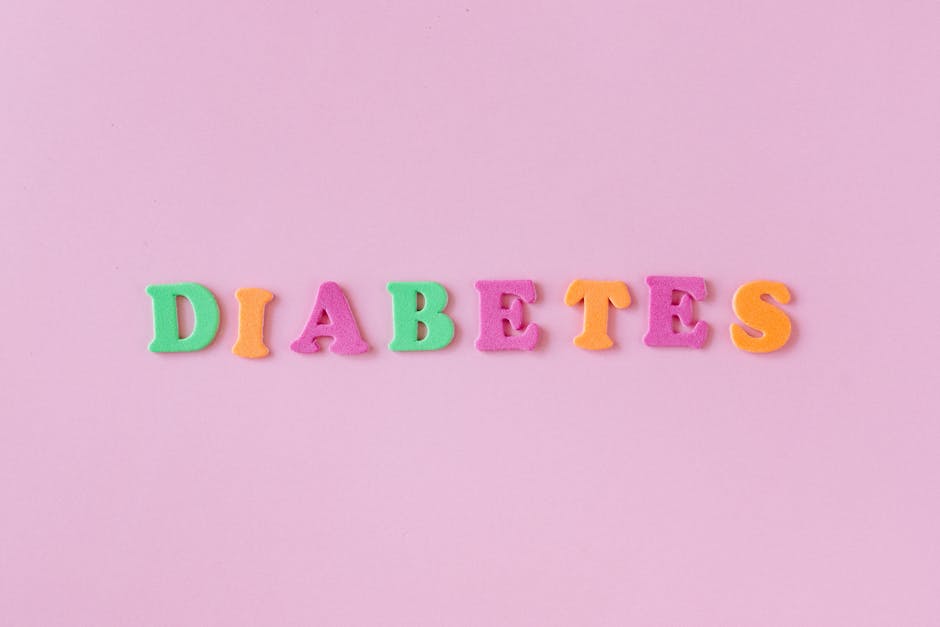The pursuit of wellness is a multifaceted journey, often fraught with conflicting advice and misleading claims. Finding trustworthy sources of information is crucial to make informed decisions about your health and well-being. This article explores various avenues for accessing reliable information, highlighting the critical distinction between credible sources and those that may be misleading.
A significant challenge in the wellness landscape lies in the sheer volume of readily available information. From social media posts to online articles, the internet offers a wealth of material, but not all of it stands up to scrutiny. This abundance necessitates a discerning approach to source selection. A key element in navigating this information overload is understanding the different types of sources and their inherent strengths and weaknesses.
Academic journals and peer-reviewed publications are often considered gold standards. These resources undergo a rigorous review process by experts in the field, ensuring that the research presented adheres to scientific standards. While dense and not always easily digestible, they provide a solid foundation for understanding the evidence base behind various wellness practices. Look for studies published in reputable journals recognized by the scientific community. Websites of major medical institutions, such as the Mayo Clinic, the National Institutes of Health (NIH), and the Centers for Disease Control and Prevention (CDC), frequently offer evidence-based summaries of health information.
Another valuable resource is professional organizations focused on specific aspects of wellness. These organizations, like the American Psychological Association (APA) for mental health or the American Heart Association (AHA) for cardiovascular health, often compile and disseminate evidence-based information and recommendations. Expert recommendations from certified practitioners, such as registered dietitians or certified personal trainers, also offer a valuable, but not infallible, perspective. However, it’s vital to assess the credentials of these individuals and verify that they are certified through recognized bodies in the relevant field.
Beyond structured research, many reputable books offer accessible and insightful information on wellness. Authors who have a strong background in health, nutrition, psychology, or related fields can provide valuable perspectives. However, it’s important to consider the author’s expertise and the evidence supporting their claims, as some books might rely on anecdotes rather than scientific evidence. Seek out publications with clear references or citations to support their assertions.
Online resources, including websites and blogs, can sometimes provide valuable information, particularly when seeking practical tips or personal stories. Yet, a critical approach is essential. Verify the credentials of the author and look for clear links to reliable sources to substantiate claims. Avoid sites that focus excessively on sensationalism or unsubstantiated promises. Be aware that a website’s design or popularity doesn’t automatically guarantee its accuracy.
Social media platforms are rife with wellness information, from motivational quotes to advice on dietary habits. While some social media accounts of health professionals might offer valuable perspectives, others can easily spread misinformation. Think critically and resist the urge to instantly adopt practices suggested on social media platforms without further investigation. Consider social media as a starting point to explore a topic further, not as definitive sources.
Ultimately, discerning reliable information in the wellness sphere requires a blend of critical thinking and due diligence. Avoid falling prey to unqualified advice or exaggerated claims. Check for verifiable evidence, cross-reference information from multiple reputable sources, and prioritize recommendations based on scientific research and professional consensus.
A crucial element in seeking wellness information is recognizing the individuality of human needs. What works for one person may not work for another. Individual circumstances, such as age, pre-existing conditions, and personal preferences, significantly influence the effectiveness of wellness practices. Consulting a healthcare professional is essential for personalized advice and guidance, particularly when considering significant lifestyle changes or interventions that might affect pre-existing medical conditions.
Furthermore, consider the potential for bias in wellness information. Commercial interests may subtly influence advice, even from reputable sources. Be alert to overly promotional language or testimonials. Seek out information that presents a balanced view and avoids excessive endorsements or guarantees.
In conclusion, a comprehensive approach to finding reliable wellness information involves careful selection of diverse sources. From academic journals and professional organizations to healthcare providers and credible online resources, exploring multiple perspectives is crucial. A balanced approach, prioritizing evidence-based research and professional recommendations, can empower you to make well-informed decisions about your wellness journey. Remember that the quest for wellness is a continuous learning process, and a critical and discerning mind will guide you along the way.
